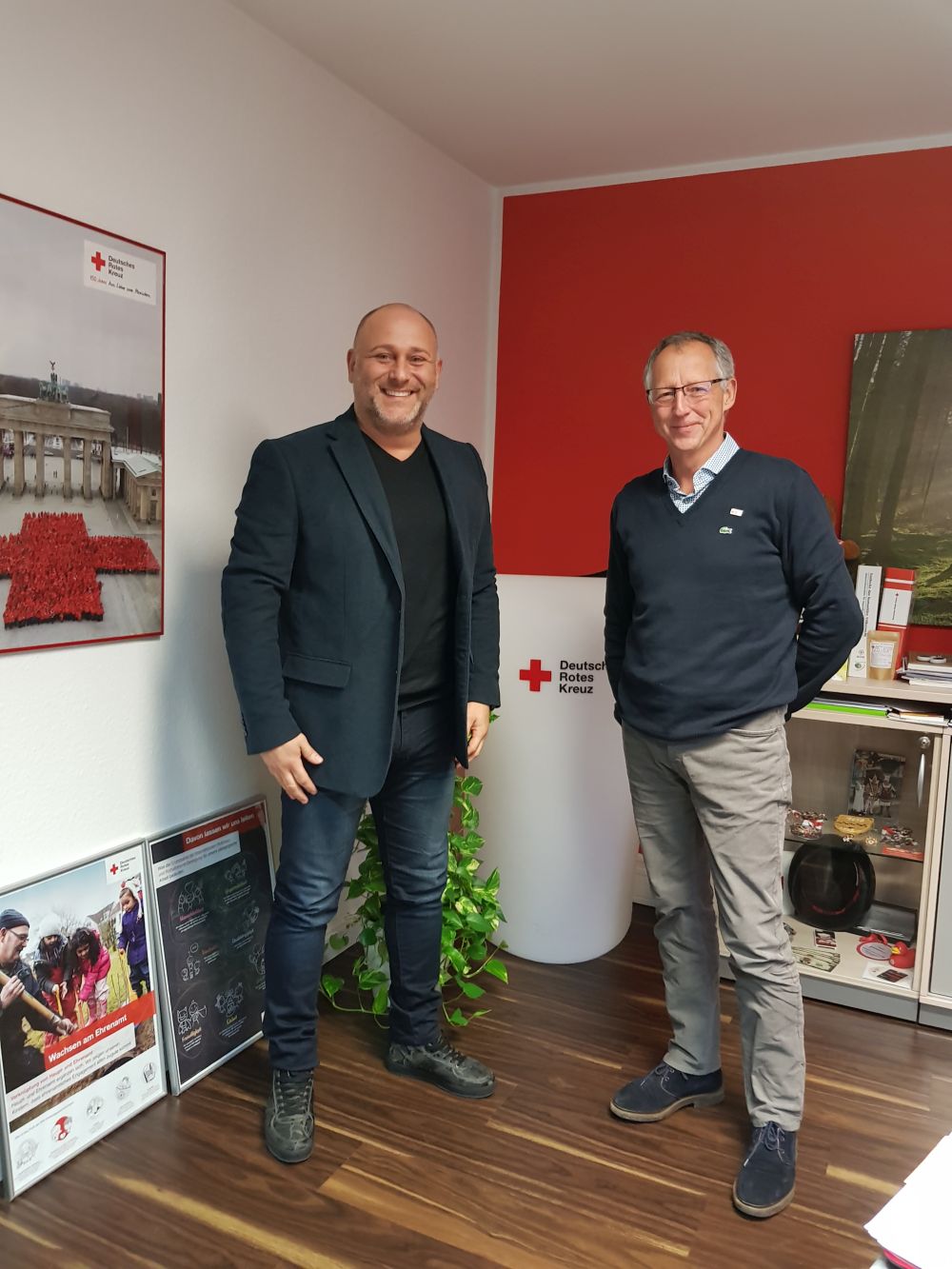Representatives of the College of Applied Health Studies Cuprija led by the director PhD Christos Alexopoulos, on the occasion of preparations for the implementation of European directives in the domestic education system, visited Frankfurt, Cologne and Bonn, where they met with the German health system, visited the gerontological centers and day care centers for elderly and met with Serbian employees working in Germany.

“We are proud that our workers are recognized in the European market, it indicates that our education system is at a high level, our doctors, technicians and nurses are appreciated in all institutes that we had the opportunity and personally to see in the field.” – announced the director Alexopoulos for German Deutsche Welle.
“The regulation of European directives that would be implemented in health and education institutions as well as in our College is currently one of the priorities of the VMSSS Cuprija. After visiting the Faculty of Health Studies of the University of Rijeka, whose study programs are in line with the EU directive 55/13, and Croatia, we also visited colleagues in Germany to collect material for faster and more efficient implementation “, Alexopoulos added.
At a meeting with Red Cross Director Reinhold Feistl in Cologne, Alexopoulos proposed and presented the use of the new digital Telenursing platform. The College of Applied health sciences Cuprija has recently been equipped with latest information technology and meets all the requirements for this type of long-distance cooperation. Also, a simulation center has been set up at the VMŠSS, which will soon be opened.

Telenursing would bring many benefits to education but also to the practice of medical workers and patients. It refers to the use of information technology in the provision of nursing services at the physical distance between the patient and the nurse, or between any number of nurses.
Telenursing would reduce costs and increase coverage of health care to remote, rural, small or sparsely populated regions. In addition, it would greatly contribute to the better and faster cooperation of medical workers across Europe and the world, as well as distance education.